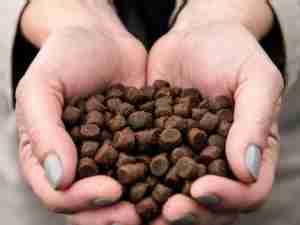(Bloomberg)—A new tax on the raw materials used to make phosphate-based fertilizers in India will increase domestic manufacturing costs and make imports more attractive, according to the Fertiliser Association of India.
India imposed an 18 percent goods and services tax from July 1 on phosphoric acid, ammonia and sulfur, key ingredients to produce di-ammonium phosphate fertilizer. That compares with a 5 percent tax both on the fertilizer produced locally and imported.
In some cases, where the new taxes on raw materials are higher than final products, manufacturers will get a refund within 60 days, according to the government rules. Still, there are concerns about timely refunds, Satish Chander, director general of the Fertilser Association of India, said in an interview in New Delhi.
“While importers will flourish, domestic manufacturers will be at a disadvantageous position,” Chander said. “Capacity utilization of the industry will decline from 65 percent at present” and fertilizer manufacturers may also see a decline in earnings, he said.
The industry is seeking to reduce the raw material tax to 5 percent, according to Chander.
Companies that make di-ammonium phosphate in India include Tata Chemicals Ltd., Coromandel International Ltd. and Gujarat State Fertilizers & Chemicals Ltd.
India’s di-ammonium phosphate production increased 13 percent to 4.33 million tons in the year ended in March. In contrast, imports fell 27 percent to 4.38 million tonnes, according to figures compiled by the association.
Some urea plants are also facing problems due to a 15 percent regional tax in the state of Andhra Pradesh on natural gas, according to the association. Natural gas, which is exempted from the nationwide goods and services tax, earlier attracted a 2 percent central sales tax, the association said.
India, the world’s second-biggest consumer of urea and a major user of phosphatic fertilizers, relies heavily on farm nutrients to boost food production to feed its 1.3 billion people. About 70 percent of the population depend directly or indirectly on farming.
—With assistance from Shruti Srivastava and Debjit Chakraborty
To contact the reporter on this story: Pratik Parija in New Delhi at
[email protected].
To contact the editors responsible for this story: Phoebe Sedgman at
[email protected], Atul Prakash, Andrew Hobbs
©2017 Bloomberg L.P.

